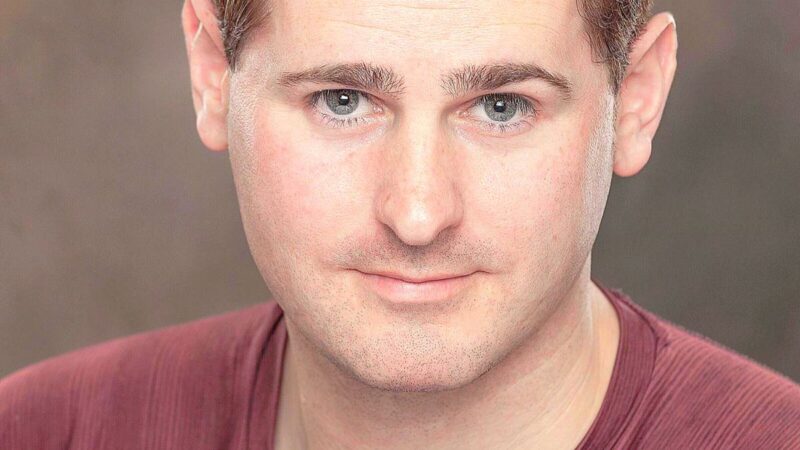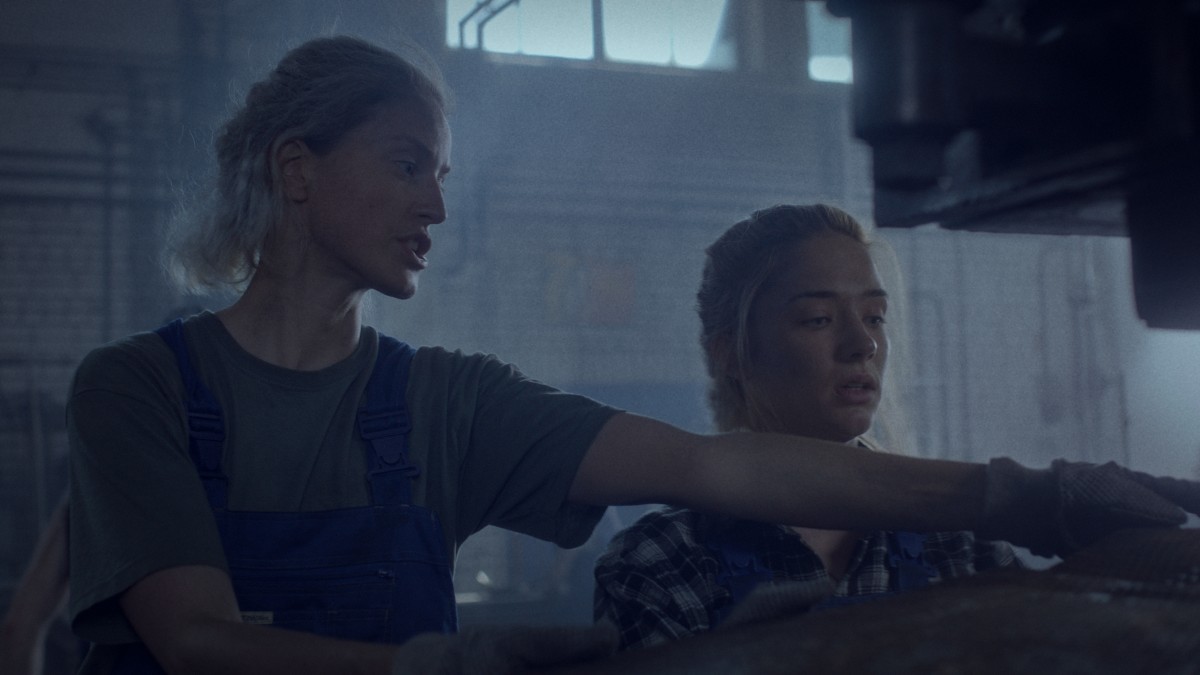
A Case Study
Narrative | Dramatic Features
Film Name: Masha (Short)
Genre: Drama, Thriller
Date: 2020
Director: Krzysztof Chodorowski
Producer: Maciej Ślesicki
Writer: Krzysztof Chodorowski
Cinematographer: Michał Stańczyk
Production Company: Warsaw Film School
Financing: Warsaw Film School, The Polish Film Institute
Shooting Format: 4K
Screening Format: 16:9
World Premiere: Kameralne Lato in Radom (Polish) and HollyShorts Film Festival in Los Angeles (International)
Awards: AUDIENCE AWARD Kameralne Lato in Polish Film Festival in Radom
indieactivity: What is your film about?
Krzysztof Chodorowski (KC): My film is about Vera, a Ukrainian woman working illegally in a Polish factory who tries to help Masha – a friend who suffered an accident at work.
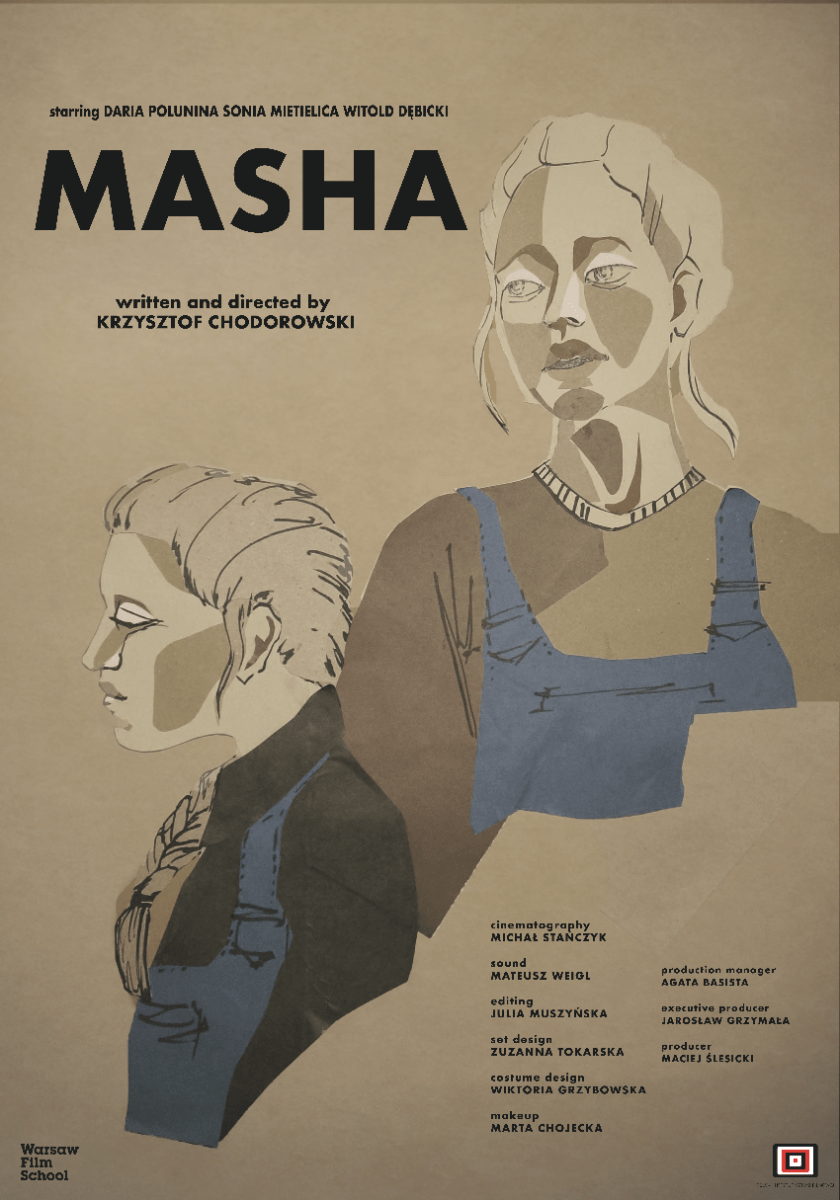
Tell us about the festival run, marketing, and sales?
Krzysztof Chodorowski (KC): The film Masha was screened at three Oscar® Qualifying Festivals such as ST. LOUIS International Film Festiwal HOLLYSHORTS Film Festival in Los Angeles, INTERFILM Film Festival in Berlin. It won the AUDIENCE AWARD in Kameralne Lato a Polish Film Festival in Radom and lead actress Daria Polunina (main character) got a nomination for the BEST ACTRESS in Jan Machulski Award there. The film was also screened and presented at festivals such as FPFF IN GDYNIA The Polish Film Festival in Gdynia, MŁODZI I FILM Debut Film Festival in Koszalin, POLISH FILM FESTIVAL in Los Angeles, and at the AUSTIN Polish Film Festival. I am very grateful to the Warsaw Film School that it cares so much about the distribution and PR of student films. The university sent out press releases and arranged interviews about the film.
Give the full Official Synopsis for your film?
Krzysztof Chodorowski (KC): Vera – a Ukrainian immigrant working illegally in a Polish factory wants to help her friend Masha and switches places with her at work. Masha who was not trained in operating the machine has an accident. When Vera calls an ambulance the supervisor threatens her that if she lets the paramedics in, the factory will close down and all the employees will be deported as they are working there illegally. Vera faces a moral dilemma – whose good to choose.
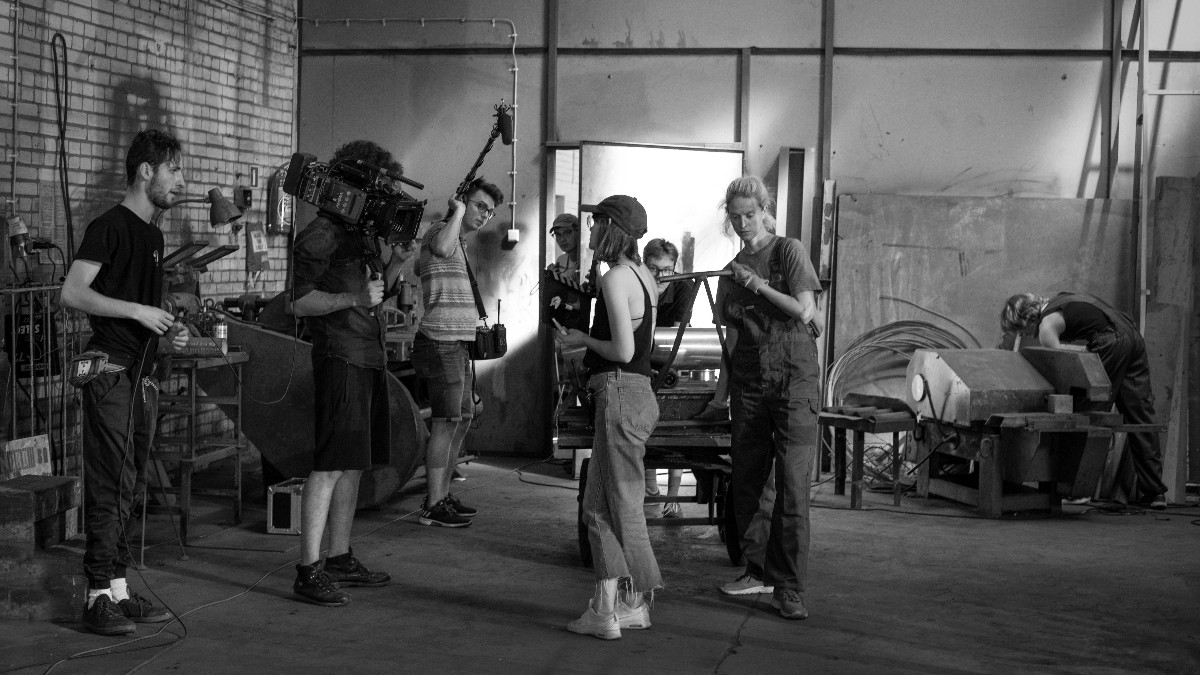
Development & Financing?
Krzysztof Chodorowski (KC): The screenplay was written by me. It is a story unfortunately based on true events that took place in Poland in recent years. During the preparation, I read articles and books on migrant workers. I also talked to some Ukrainians who migrated to Poland to work – both women and men. The story that Dima told me touched me the most. He is a 21 years old man, who migrated to Poland from Ukraine because of the ongoing war in his country. I visited him in another city from where I live and talked to him for a couple of hours. He told me in detail about his working conditions in Poland and his accident. Dima told me that he didn’t sign any contract and his passport was taken from him. He was working sixteen hours a day earning two dollars per hour.
When the machine crashed his arm the only thing he could do was to send a text message to a friend because the gsm connection in the basement where he worked was too poor to make a call. I told the story to my friend and the DOP of the film Michał Stańczyk, who found the set location and created it to be as realistic as possible even if it reminds the XIXth century. I pitched this project in Warsaw Film School(where I studied) and it was approved by my tutors and professors. Then the film was financed by Warsaw Film School, co-financed by the Polish Film Institute, and produced by Maciej Ślesicki | Warsaw Film School. And I am glad that the Warsaw Film School, despite the difficult topic I discuss in this film, gave me a credit of trust and produced it and support me so much. I would like to especially say thanks to my artistic mentor Barbara Pawłowska and Warsaw Film School chancellor Maciej Ślesicki, who supported me all the way in my filmmaking process.
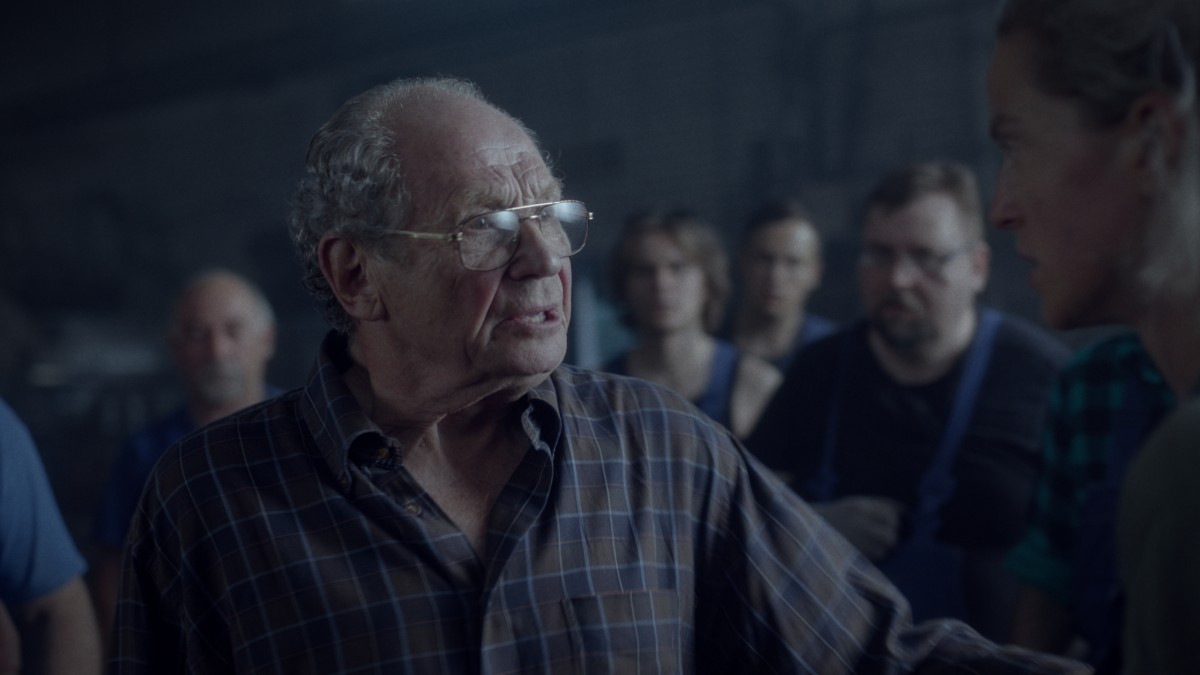
Production?
Krzysztof Chodorowski (KC): The hardest part of the process was finding the cast and location. I wanted a Ukrainian actress to play in the film, but my budget was quite limited, so I had to look for them in Poland. Fortunately, it turned out that there are a couple of Ukrainian actresses living in Poland. So I managed to cast Daria Polunina and Sonia Mietielica. Sonia was born in Russia but studied acting in Poland. So we decided to make the film in Russian because most Ukrainians also use it. There also was a problem with the factory location. When they found out what the script was about, they did not want to be associated with a company employing illegal workers. Fortunately, the director of photography, Michał Stańczyk, together with his girlfriend Katarzyna Bojkowska, found a place where they did not ask for the script.
When it comes to shooting I wanted the DoP Michał Stańczyk to make the film in long shots and takes so that would bring us closer to a documentary style. It required many rehearsals. Before the set shooting, we recorded the entire film with the phone at the location as a practice. We did create a storyboard and then gave it to the editor Julia Muszyńska. Then she decided to edit the film before shooting ‘on paper’. Julia was present in the shooting which made it easy to edit the film. In the meantime, I rehearsed with the actors. We were shooting two scenes a day. Three hours of rehearsal, and then the other two we recorded them. The composition of such long master shots caused that we had around 11 takes. Writing the script took 6 months, pre-production 2 months, shooting 6 days, post-production 2 months.
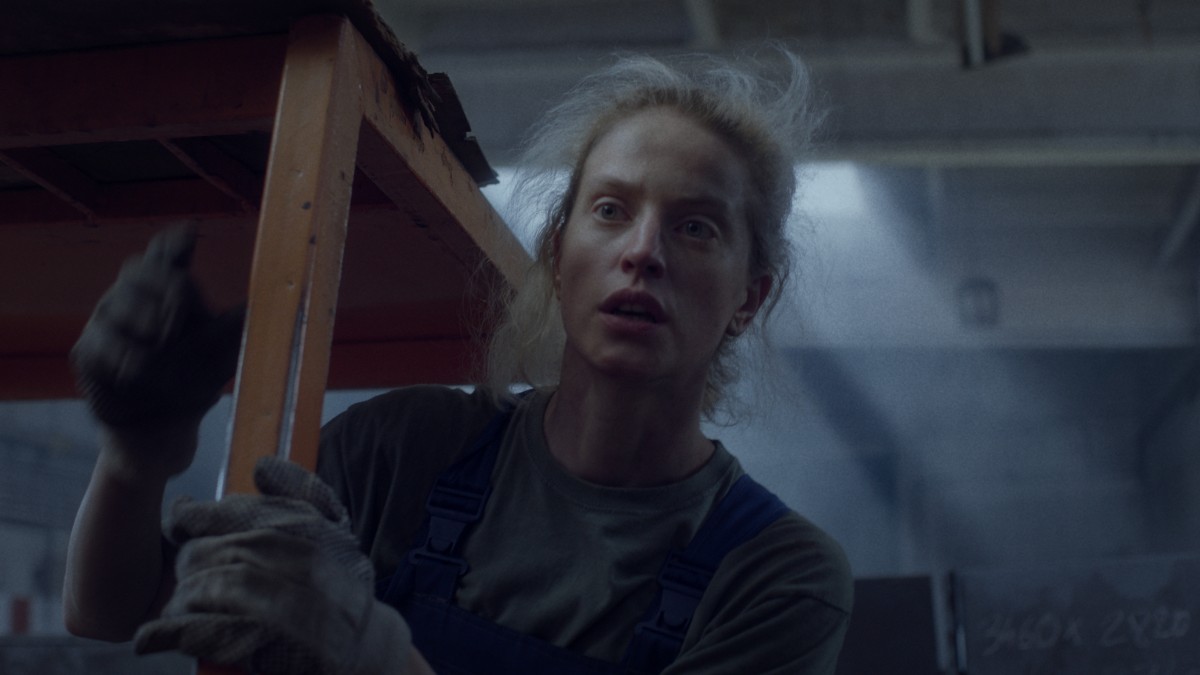
Festival Preparation & Strategy?
Krzysztof Chodorowski (KC): There is a special department responsible for festival strategy and film shipping in the Warsaw Film School. Veronica Andersson takes care of the festival strategy, distributes our films, and teaches other students to prepare festival materials, while Małgorzata Bodecka makes sure that the media know about our successes. This is great support for young filmmakers! They help us succeed and it really happens!
For example, my film got an AUDIENCE AWARD in Radom’s “Kameralne Lato”. I am very happy about that because I believe that cinema can influence people in a good way. It is a festival under the patronage of the police department, which is focused on social issues. The festival organises also special workshops for young people to raise the social awareness. This award is very important to me because it means that there are people who want the cinema to give the opportunity to discuss difficult topics as well.
Advice from the Filmmaker?
KC: Let’s use this wonderful medium which film is to make the world a better place
Tell us what you think of the Case Study for Masha. What do you think of it? Let’s have your comments below and/or on Facebook or Instagram! Or join me on Twitter.
Follow Krzysztof Chodorowski on Social Media
Website
IMDb
Facebook
Instagram
MORE STORIES FOR YOU

